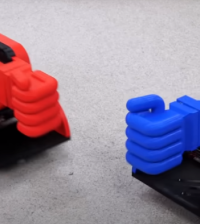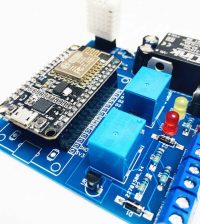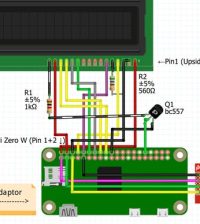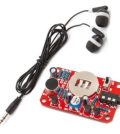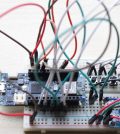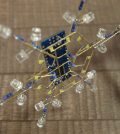- Building a 3D Digital Clock with ArduinoPosted 4 months ago
- Creating a controller for Minecraft with realistic body movements using ArduinoPosted 5 months ago
- Snowflake with ArduinoPosted 5 months ago
- Holographic Christmas TreePosted 5 months ago
- Segstick: Build Your Own Self-Balancing Vehicle in Just 2 Days with ArduinoPosted 6 months ago
- ZSWatch: An Open-Source Smartwatch Project Based on the Zephyr Operating SystemPosted 7 months ago
- What is IoT and which devices to usePosted 7 months ago
- Maker Faire Rome Unveils Thrilling “Padel Smash Future” Pavilion for Sports EnthusiastsPosted 7 months ago
- Make your curtains smartPosted 7 months ago
- Configuring an ESP8266 for Battery PowerPosted 8 months ago
Hardware startups and products: founder tips making hardware less hard
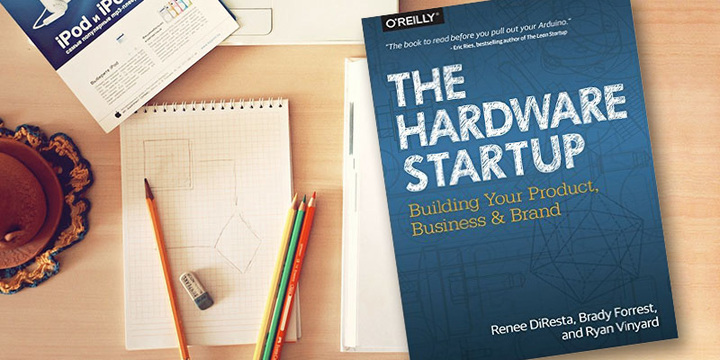
Hardware startups are now beginning to enjoy the type of attention that their software counterparts have enjoyed. “The decreasing cost of prototyping is lowering the barriers to entry and making it more feasible to develop a physical product within economic constraints,” begin Renee DiResta, Brady Forrest and Ryan Vinyard in their new book The Hardware Startup: Building Your Product, Business, and Brand.
“Technological advances, economic experiments, and societal connections have facilitated the growth of an ecosystem that enables founders to launch hardware companies with fewer obstacles than ever before,” the authors explain, citing the rise of VCs in this space as well as crowdfunding campaigns on sites such as KickStarter and Indiegogo.
3D printers, computer numerical control (CNC) routers, laser cutters and CAD software have altered the landscape of personal fabrication, enabling quick and affordable iteration. “Inexpensive boards (such as Arduino, Raspberry Pi, and BeagleBone) make electronics prototyping accessible to everyone,” the authors say. A number of enabling startups (eg. MakerBot, Adafruit, SparkFun) have also sprung into the game to help other founders develop products.
Another trend to watch is the rise of open source hardware (eg. via the Open Source Hardware Association OSHWA), and the spread of makerspaces and hackerspaces (see the Hackerspace wiki). Accelerators and incubators focused on hardware are spreading across the world as well, eg. see my writeup on the IKP-EDEN incubator and makerspace in Bangalore.
The authors divide hardware products into four categories: connected devices (eg. Nest, SmartThings, Belkin’s WeMo, Lowe’s Iris Smart Home Management System); wearables (Quantified Self: eg. Nike+ and Fuelband, UnderArmour’s Armour39), robots (eg. Fetch Robotics, Rethink Robotics, Agrobot, UAV or unmanned aerial vehicles such as DroneDeploy, and ROV or remotely operated vehicles); and designed products (eg. Quirky).
Read more highlights here: Hardware startups and products: founder tips


